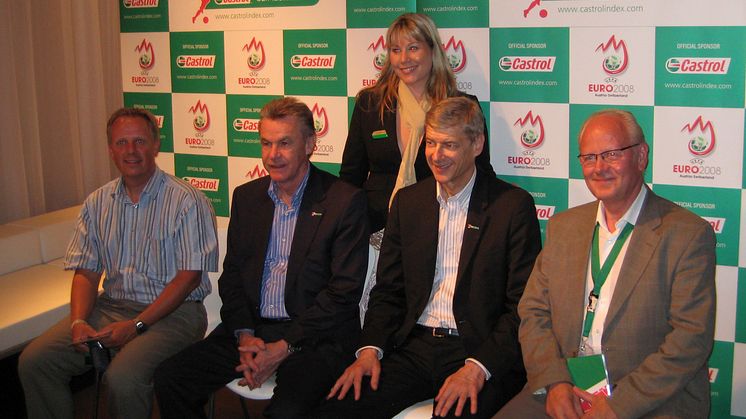#FC15 | Why Do People Share Content?
Stephen Follows, writer and producer at Catsnake, shares his experiences and tips for when it comes to brand storytelling.
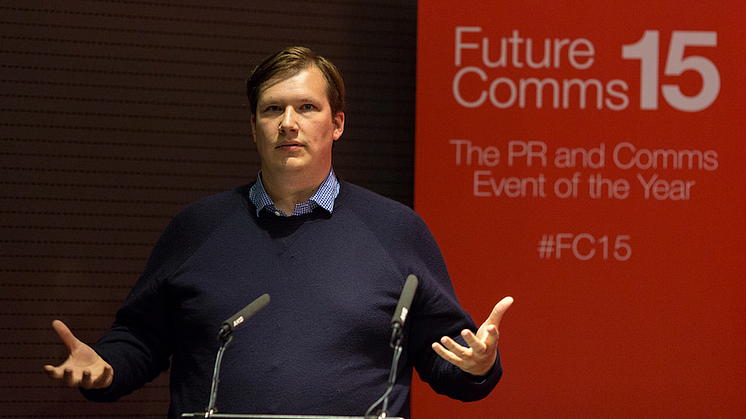
Stephen Follows, writer and producer at Catsnake, shares his experiences and tips for when it comes to brand storytelling.

I have never really written a blog before. In fact, I have shied away from it for quite some time, and yet I talk about it with clients on a regular basis. I understand the values, the reasoning and how it can help a brand. So it got me thinking, maybe my first blog should be based around just that - why should a brand have a blog?
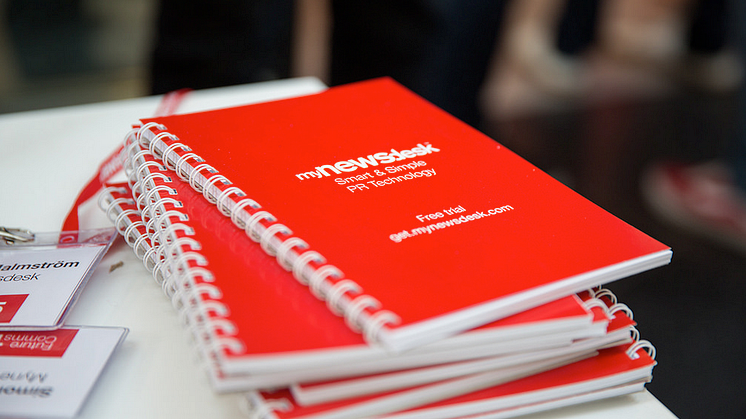
Communications Director of UKTV, Zoë Clapp shares her insights and learnings from the brand's recent viral campaign, #Chocobatch, at this year's FutureComms event.
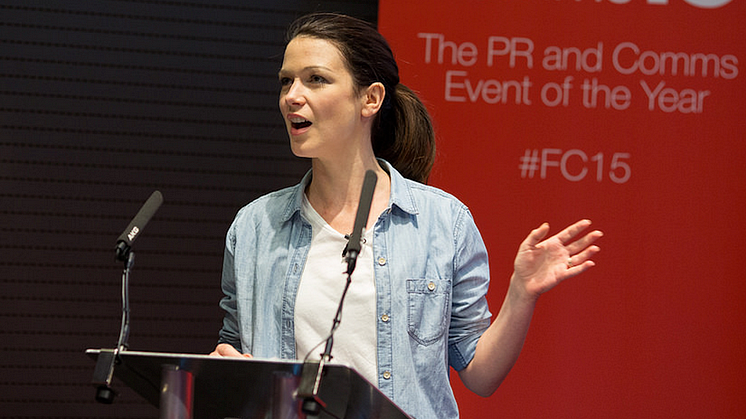
Google’s Panda, Penguin and Hummingbird algorithm changes have had profound effects on the SEO industry. Search rankings are now dependent on the quality, originality and relevance of online content, rather than the way it's coded. Content marketing has risen to the fore as the way of achieving this, and this has brought together SEO practitioners, social media marketers and PR professionals.
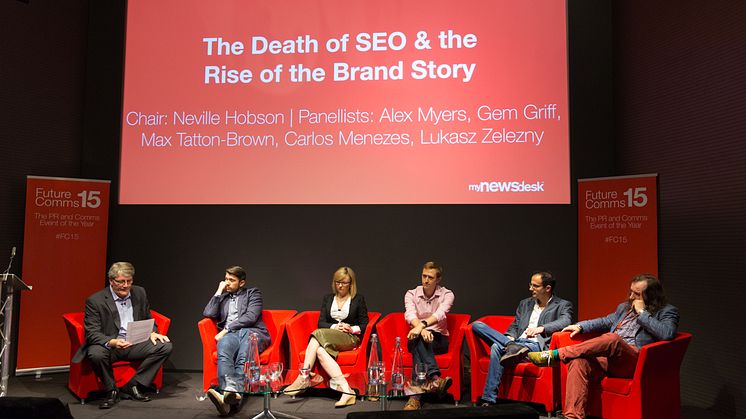
The growth of sponsored content and native advertising has integrated paid media firmly with earned, owned and shared media. Brands have little choice but to adapt to this changing environment, fast. Our FutureComms15 panelists Paul Sutton, Danny Whatmough, Matt Gilbert, Stella Bayles and Charles Arthur discuss the PESO model in more detail...
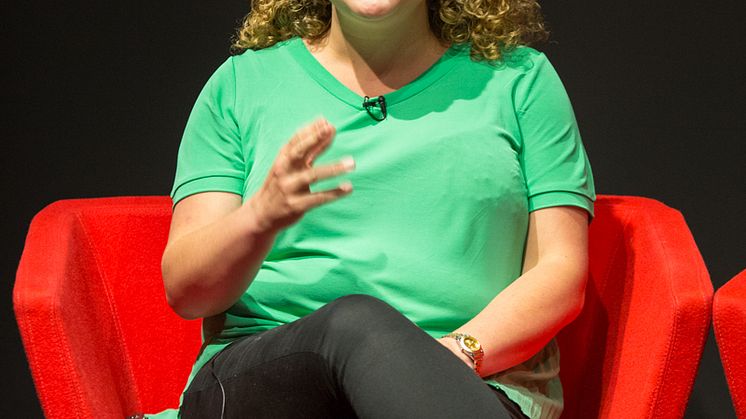
PR is in a state of change. The industry is evolving every day. The opportunity for brand storytelling can be huge for organisations and PR practitioners, but according to Robert Rose – the world’s leading content marketing strategist – only if we commit to both organisational change and a different approach to the services we provide.
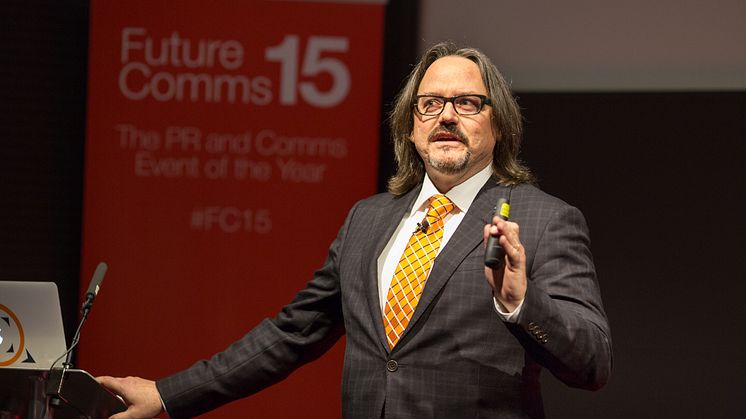
Jonathan Bean, Chief Marketing and Growth Officer at Mynewsdesk, began the proceedings at this year's FutureComms, showcasing our recent groundbreaking campaign - Surfing The Silver Way and opening up Eduardo Conrado's notion that "PR is at an inflection point between what we're comfortable with, what we have permission to do, and what's possible"...
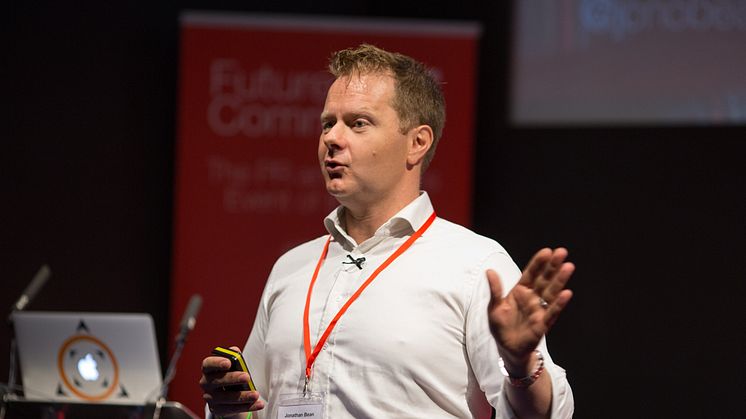
If the events of 7th July were to unfold again today, how differently would the news emerge? What part would social media channels play in the media? And would the Government and emergency services’ communications teams and strategies be able to cope? Chris Webb explains how his team dealt the crisis 10 years ago today. And his presentation really showed the value of the business we’re in
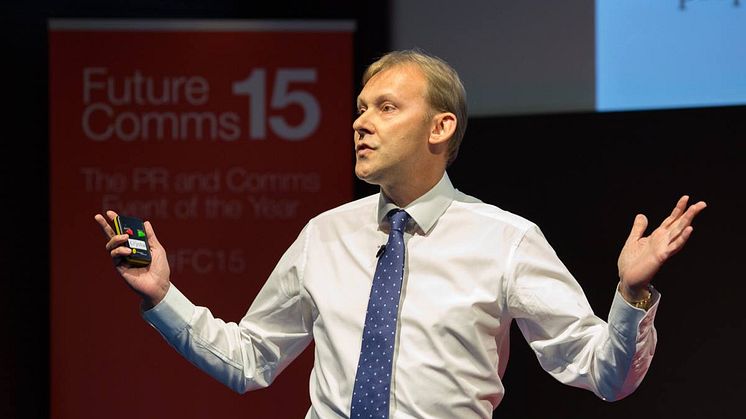
Whether you're a small start-up with an announcement to make or a global brand with big news to break, one way or another you're going to need to get your story out there. You're going to need coverage.
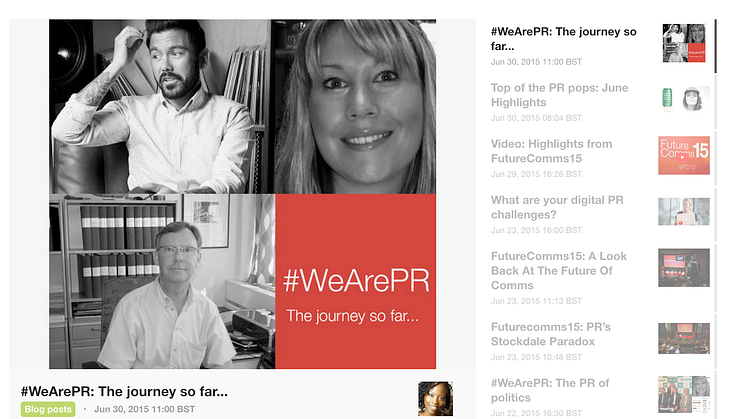
#WeArePR is a project is about listening. We are conducting and publishing these interviews in no intentional order and as a result there was no way of knowing what we might find.
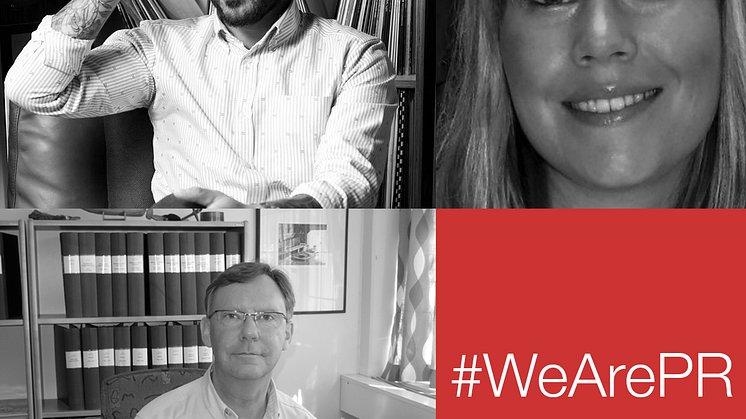
June has been extremely busy and rewarding for the Mynewsdesk UK crew. Futurecomms15, our flagship PR & comms event, was a success! And we're not the only communicators who have been busy having seen some cool campaigns roll out this month...
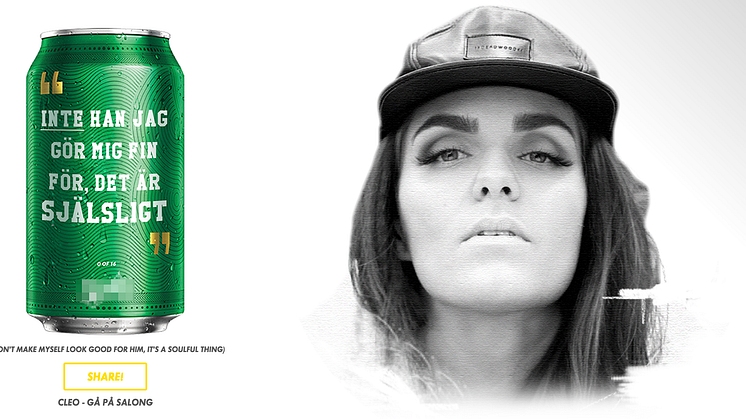
The biggest PR & communications event, FutureComms15, was held in London on 18th June. What got communications professionals talking and how do we stay on top of our PR game? What seems to be the holy PR grail for brands?
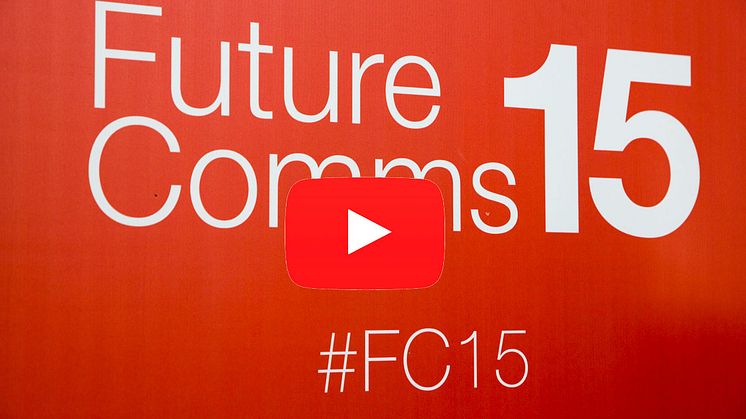
To build a picture of what is required of a modern communicator, Mynewsdesk, the leading online newsroom and all-in-one PR platform, is asking: what are your digital PR challenges?
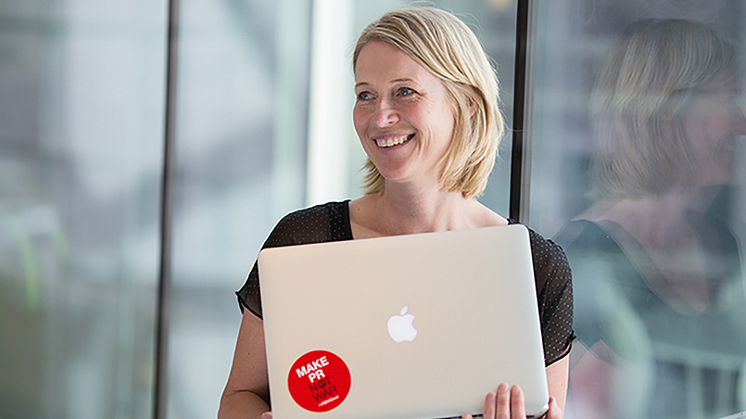
Fiery, opinionated, controversial and moving are just a handful of adjectives that one might choose to use when describing FutureComms15 - the biggest PR and comms event of the year. But personally, I think it was Dan Slee of Comms2point0 who best summed up the gathering, describing it as “a mass punch-up between people who give a stuff…”. We take a look back at the future of comms...
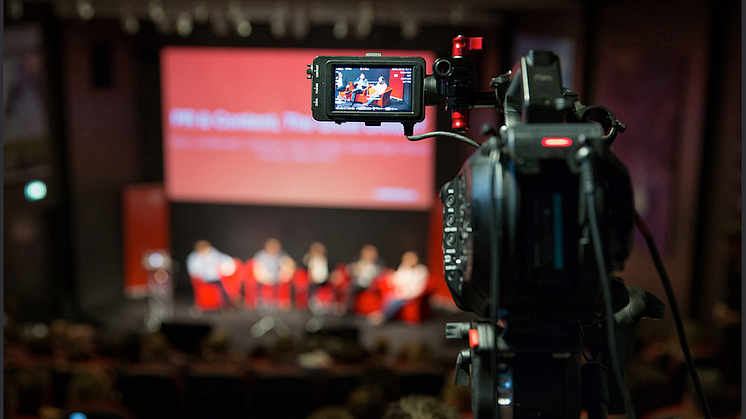
Over the years I've come to see that healthy debate stimulates progress and change. Last week I had the pleasure of chairing Mynewsdesk’s Futurecomms15 in London and the outcome was a good argument. I am tired of events that are just filled of corporate case studies and self congratulatory awards. I guess there is a place for those type of events but this was certainly not one of them...
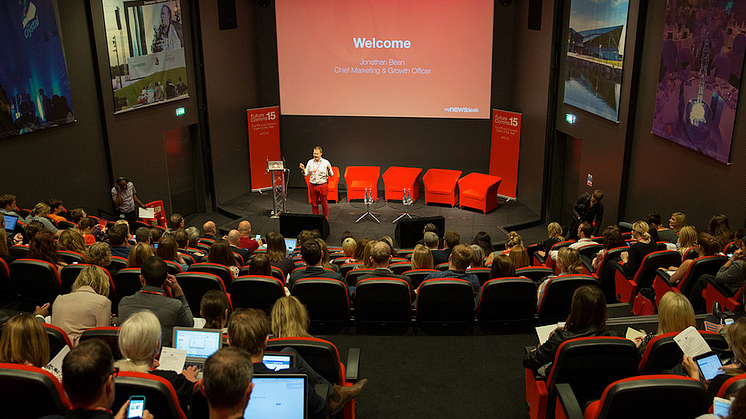
Christine Silfversparre is the 3rd interviewee for the #WeArePR series, an exploration into the evolving world of communications through #PRTech.
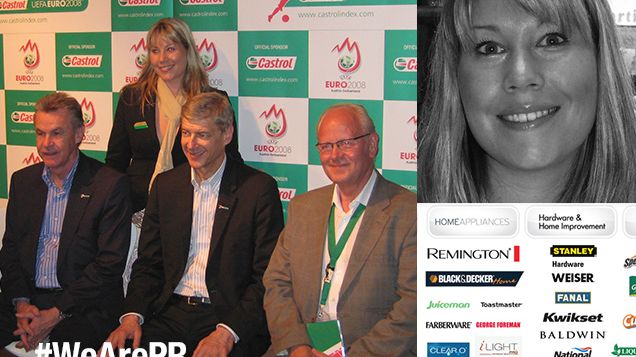
Apple frequently faces comms crises; from product related issues such as Antennagate & iOs Maps, to the more serious, image damaging ones (China labour). How do they deal with backlashes and how do they change their PR image?
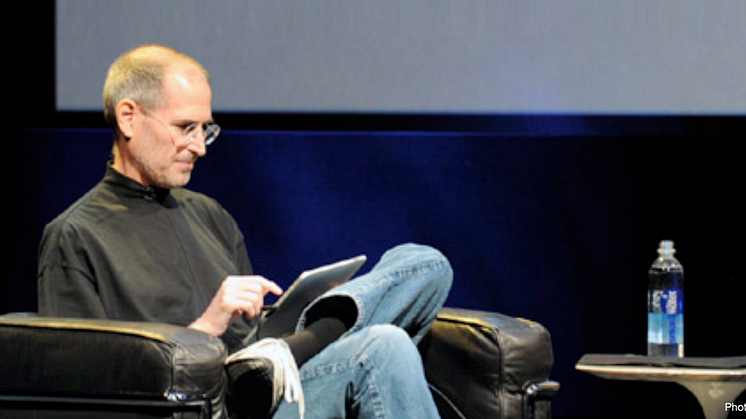
The amount written about the identity crisis that the PR industry is currently experiencing astonishes me! In a recent post, the excellent Stephen Waddington claimed the PR industry lacks confidence. I agree with him. It’s also hard to get away from comments about the PR & Communications industry’s need to think and act like MBA’s and improve their knowledge of business.
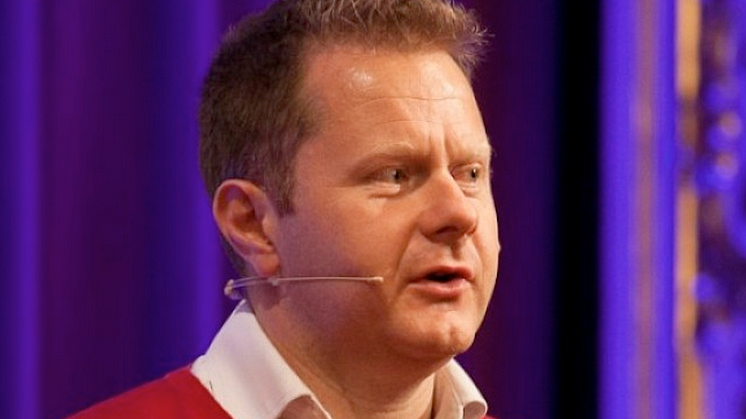
PR can be the lifeblood of a young startup. A positive write up can propel companies into the limelight and particularly for a B2C product can result in those critical early sign-ups. But what happens when the positive attention turns bad? And are there any lessons to be learned from the story of what happened to one much-hyped startup?

Christine Silfversparre is the 3rd interviewee for the #WeArePR series, an exploration into the evolving world of communications through #PRTech. Christine has been working in diverse industries for a number of years.
